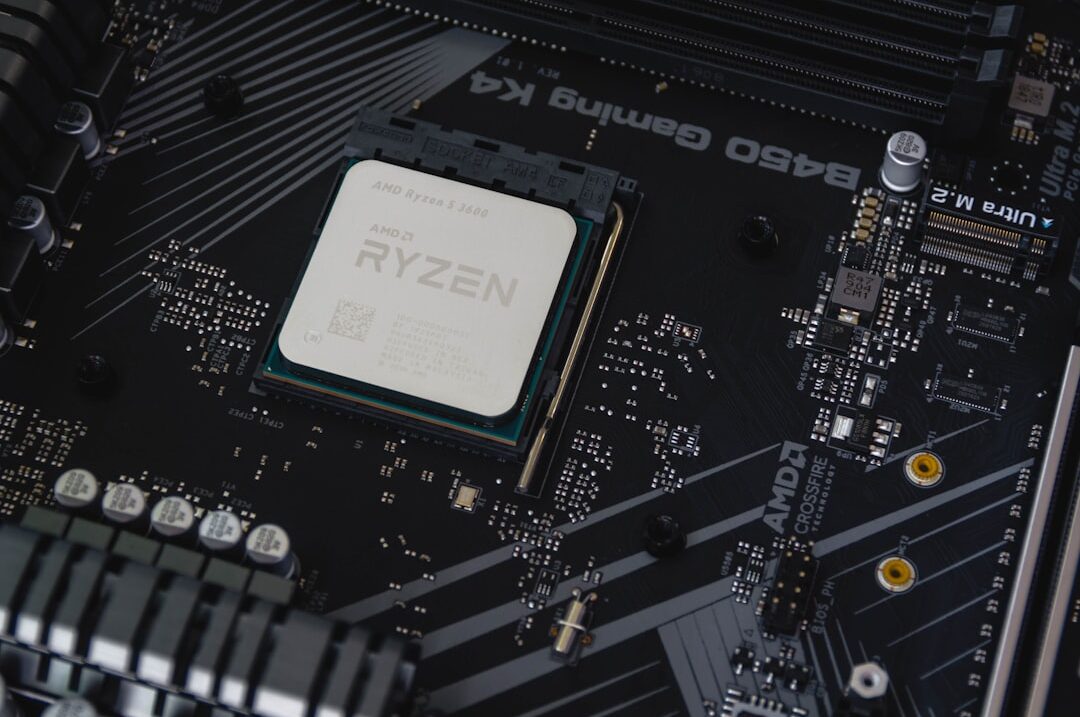Hardware Engineer Interview Questions (2025): Ace Your Next Technical Interview with Winning Answers & AI Prep


Supercharge Your Hardware Engineering Interview Prep 🚀
Master every technical, behavioral, and curveball question with AI-powered practice on Huru.ai. Get unlimited mock interviews, instant feedback, and the confidence to ace your next interview—start for free today!
Navigating The Hardware Engineering Interview Landscape in 2025
Interviewing for hardware engineering positions in 2025 is more competitive and dynamic than ever before. Top employers seek not only deep technical expertise but also adaptability, problem-solving prowess, and communication skills. Recent trends reveal a stronger focus on emerging technologies (AI hardware, RISC-V, IoT), hands-on prototyping, and behavioral scenarios. Traditional question lists are no longer enough—candidates need real-world simulation and actionable feedback to stand out.
Huru.ai is at the forefront of this transformation, providing a platform where you can simulate real interviews, tackle the latest technical questions, and receive personalized feedback to sharpen your approach. With specialized question banks for hardware engineering and instant analytics, you can bridge knowledge gaps and build authentic interview confidence. Let’s break down how you can construct truly winning responses in your next technical interview.

Mastering The Most Common Hardware Engineer Interview Questions
Preparation is everything—and knowing the types of questions you’ll face is key to success. Let’s break down the categories of questions, what interviewers are truly seeking, and how to build answers that get you hired.
- Circuit Design & Analysis: “Describe your experience with circuit design. What tools do you use and why?”
- Analog vs. Digital Design: “Explain the difference between analog and digital circuits. When would you prefer one over the other?”
- PCB & Prototyping: “Walk us through your process for designing a PCB from schematic to final layout.”
- Troubleshooting & Debugging: “Share a time you identified and fixed a challenging hardware bug.”
- Embedded Systems: “How do you program a microcontroller for real-time constraints?”
- Compliance & Testing: “What standards and testing processes do you follow in your designs?”
- Behavioral Scenarios: “Tell me about a time you resolved a conflict within your project team.”
🔗 For more technical deep-dives, see our guide on Embedded Systems Engineer Interview Questions.
💡 Key Takeaway
Go beyond memorizing questions. Practice structuring your answers (think STAR and SARA frameworks) and get feedback—this is where tools like Huru.ai can elevate your preparation from good to exceptional.
Crafting Winning Technical Responses: Step-by-Step Guide
Interviewers expect you to clearly articulate your problem-solving approach. Here’s how to impress with every technical answer:
- Clarify the Problem: Restate the question to ensure you understand, and ask clarifying questions where necessary.
- Outline Your Thought Process: Share your reasoning step-by-step. For circuit design, discuss tradeoffs, safety, and key specs you’d consider.
- Apply Real-World Examples: Reference past projects or simulations. “In my last role, I designed a low-noise amplifier for a biomedical device—here’s how I approached signal integrity…”
- Highlight Tools and Techniques: Mention specific EDA tools (e.g., Altium Designer, Cadence), coding languages (VHDL, Verilog, C), and simulation environments you’ve mastered.
- Conclude with Impact: Wrap up by summarizing the result or what you learned. Interviewers value continuous improvement!
| Category | Key Points | Sample Question |
|---|---|---|
| PCB Design | Layer stackup, trace width, EMI, testing | “What steps do you take to minimize noise in PCB layouts?” |
| Embedded Systems | Firmware, RTOS, timing, power management | “Describe an embedded system you’ve built and programmed.” |
| Testing & Compliance | Safety, standards, automated test benches | “How do you ensure your hardware meets regulatory compliance?” |
🧑💻 Pro Tip: Practice these answers live and get instant, actionable feedback by running a hardware engineer mock interview on Huru.ai.
🔗 See also: Systems Engineer Interview Questions Optimize Your Approach With Huru Ai
💡 Key Takeaway
Structured, context-rich answers—backed by real projects and quantifiable results—are far more impactful than generic responses. Use Huru.ai’s instant feedback to refine your delivery.
Behavioral Questions for Hardware Engineers: Proving Your Soft Skills
Technical excellence is just one side of the equation. Employers want hardware engineers who communicate effectively, work collaboratively, and adapt quickly. Expect questions like:
- Teamwork: “Describe a project where you collaborated with software, mechanical, or manufacturing teams. What challenges did you face?”
- Conflict Resolution: “Tell me about a disagreement in your team and how you handled it.”
- Project Leadership: “Have you mentored junior engineers or led a design review? How did you ensure project success?”
- Adapting to Change: “Give an example of how you adapted to a major shift in project requirements.”
💬 Use the STAR (Situation, Task, Action, Result) or SARA (Situation, Action, Result, Aftermath) frameworks to structure your stories.
🔗 Explore more behavioral strategies in our Civil Engineer Interview Questions guide.
💡 Key Takeaway
Behavioral questions reveal your adaptability and collaboration strengths—practice with Huru.ai’s mock interview scenarios to perfect your story delivery.
Emerging Trends & Advanced Topics: What’s New in 2025?
Cutting-edge hardware roles now require fluency in:
- AI hardware accelerators and neural network chip design
- Open-source architectures (e.g., RISC-V)
- Low-power IoT device design and edge computing
- Hardware security and trust (side-channel attack mitigation, secure boot)
- Automation scripts for hardware testing and validation
- Industry compliance: FCC, CE, and environmental standards (RoHS, REACH)
🔍 These topics increasingly feature in both technical and coding questions. Showcase your knowledge of modern trends in your responses!
🔗 Check our resource for Network Engineer Interview Questions for more on hardware-network integration.
💡 Key Takeaway
Stay ahead by preparing for interviews on emerging technologies. Practicing these advanced topics with AI-powered simulations on Huru.ai makes you more competitive.
FAQ: Your Hardware Engineer Interview Questions—Answered
Study core topics (circuit design, embedded systems, testing), practice with mock interviews on Huru.ai, and review your past projects. Focus on explaining your thought process clearly.
Altium Designer, Cadence, OrCAD, VHDL/Verilog, Python/C for scripts, and simulation platforms like LTspice or ModelSim are highly valued.
Provide specific, measurable examples. Use STAR/SARA frameworks. Practice your delivery and get feedback with Huru.ai’s AI-driven mock interviews.
Yes! Expect low-level programming, automation scripts, and questions on hardware security exploits. Practice these with real coding tasks in your prep.
Huru.ai offers unlimited mock interviews, instant actionable feedback, and question banks tailored to hardware engineering—giving you the edge you need to succeed.
Watch: Expert Hardware Engineer Interview Tips (2025)
💡 Final Thoughts
With the right strategy, practice, and feedback, you can transform interview anxiety into unstoppable confidence. Start your next interview journey on Huru.ai and unlock your engineering future!
About the Author
Elias Oconnor is a seasoned content writer at Huru.ai, passionate about helping job seekers land their dream roles through actionable advice and the transformative power of AI-driven interview prep. When he’s not crafting career resources, Elias is exploring the intersection of technology, education, and personal growth.


 Jun 28,2024
Jun 28,2024  By Elias Oconnor
By Elias Oconnor